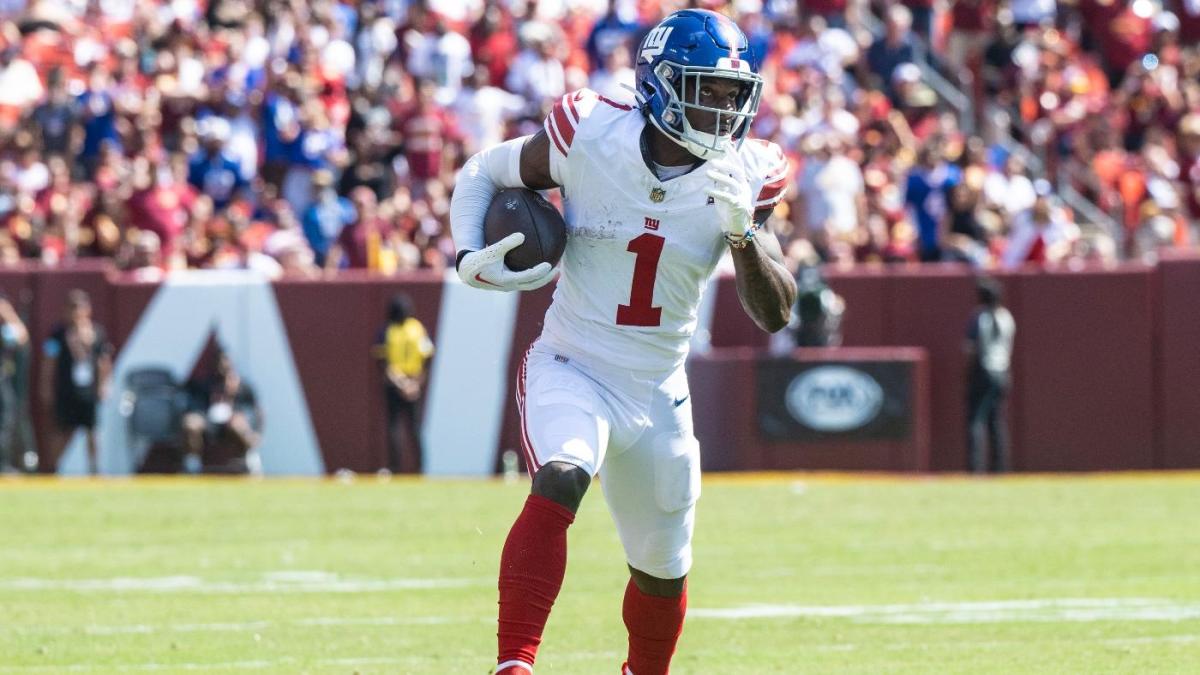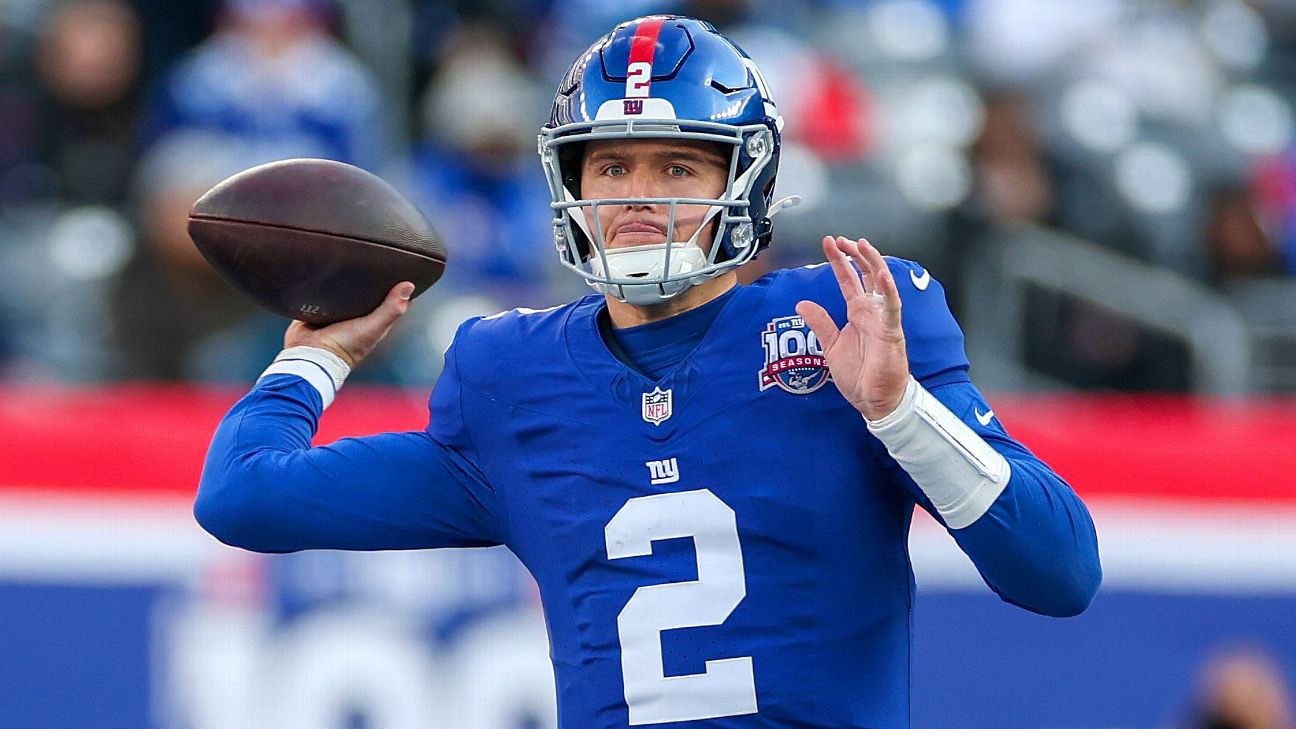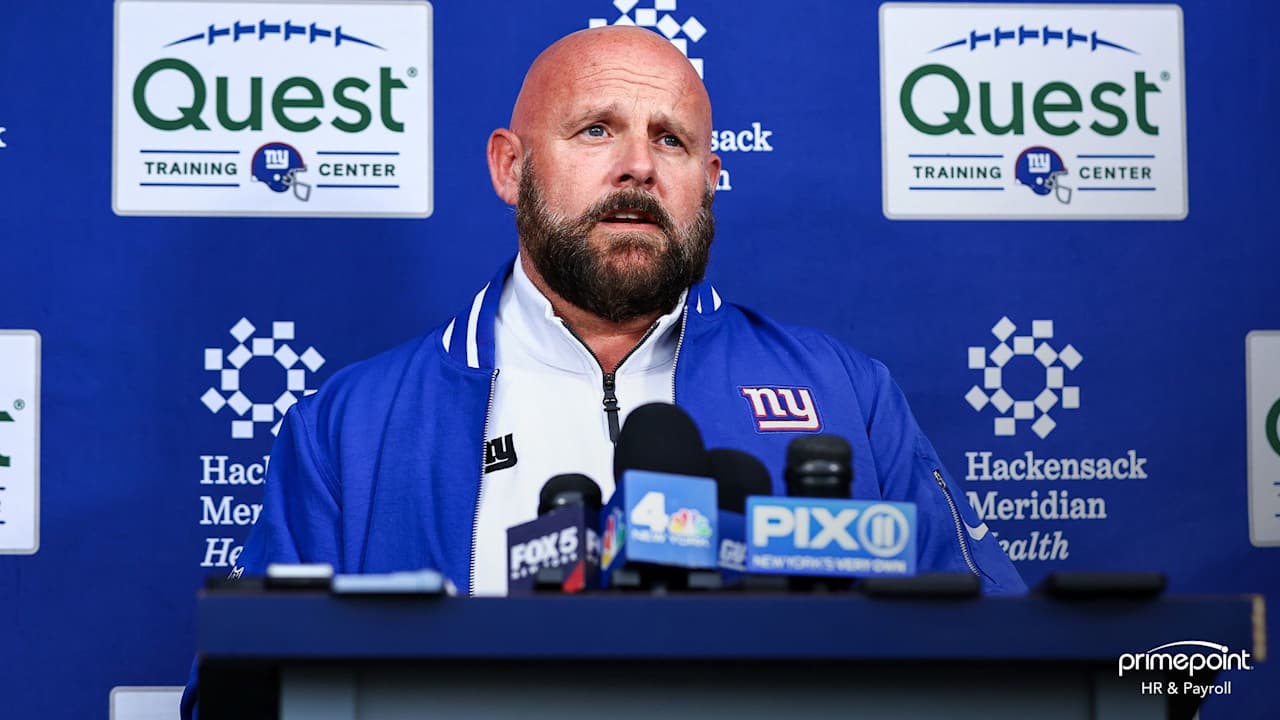Entertainment
Harvey Weinstein pleads not guilty to new criminal charge in New York

Harvey Weinstein indicted on new criminal charges
Manhattan prosecutors charged Harvey Weinstein on new criminal counts after the New York Court of Appeals reversed his rape conviction.
This story was updated to add new information.
Harvey Weinstein is pleading not guilty to a new criminal charge.
The disgraced movie mogul, 72, was arraigned Wednesday in New York state court in Manhattan. Seated in a wheelchair and sporting a bandage on his right hand, Weinstein pleaded not guilty to a first-degree criminal sexual act against an accuser who has not been publicly identified.
The charge stems from Weinstein allegedly sexually assaulting a woman in a downtown Manhattan hotel between April 29 and May 6, 2006. The woman, only identified as Jane Doe, “has not shared this story publicly before, nor does she want to be identified at this time,” her attorney, Lindsay M. Goldbrum, said in a statement Wednesday.
“She will be fully prepared to speak her truth at trial to hold Mr. Weinstein accountable before a jury of his peers,” Goldbrum continued.
The Miramax co-founder still faces two other criminal counts from an earlier indictment where he also pleaded not guilty, including another first-degree criminal sexual act charge and a third-degree rape charge.
Harvey Weinstein doesn’t know ‘who, where, or what’ of 2006 allegation
In a statement shared with USA TODAY following Weinstein’s arraignment, his representative Juda Engelmayer said, “We are prepared to go to trial and defend Harvey for the original remaining charges.”
“Yet, we will vociferously and legally challenge any effort to defend this new charge until we fully understand it, can research and investigate the claim, and boldly defend Harvey against. We don’t know who, where, or what. We were told it is from 2006,” Engelmayer continued.
“It’s an obvious attempt by the DA to somehow back door their parade of hosts of witnesses before the jury as the Appeals Court rebuked them for last time. Harvey pleaded not guilty, and has always maintained that stance. For the people with whom he knows he was with, he never forced anyone to be with him.”
In April, a New York appeals court overturned his conviction, concluding the judge should not have allowed “irrelevant” testimony during his trial regarding allegations that weren’t part of the case.
Engelmayer added, “We are disappointed that the Department (of) Corrections is fighting so hard against Harvey’s medical care needs. We will continue advocating for him to be in a place where he can heal and get healthier.”
Last week, the judge allowed Weinstein to remain in Bellevue Hospital’s prison ward rather than ordering his return to Rikers Island, per ABC and The Hollywood Reporter.
Harvey Weinstein was hospitalized a week before latest charge
Weinstein appeared in court more than a week after being rushed to the hospital for emergency heart surgery.
Prosecutors revealed last week that Weinstein had been indicted on more charges, though the indictment was under seal at the time, and the nature of the charges was not immediately clear. In a prior statement, Weinstein’s representative Juda Engelmayer said he had not yet been served with the indictment, so “we have no idea what’s in them, who they are about, or when any instances have occurred.”
The “Shakespeare in Love” and “Pulp Fiction” producer’s representatives previously said he was transported to Bellevue Hospital on Sept. 8 due to “several medical conditions” and underwent emergency heart surgery. On Sept. 12, Engelmayer said he was “resting in a hospital” after the surgery and “is connected to monitors and various IV tubes, as well as bags to relieve the fluids from his body.”
In July, Weinstein’s representatives said he tested positive for COVID-19 and contracted double pneumonia, and he was being treated for “diabetes, high blood pressure, spinal stenosis, fluid on his heart and lungs and various other conditions.”
Harvey Weinstein rushed from Rikers Island to hospital for emergency heart surgery
Why Harvey Weinstein’s New York conviction was overturned
Weinstein was found guilty of criminal sexual act in the first degree and rape in the third degree in February 2020, a landmark moment for the #MeToo movement, and sentenced to 23 years in prison.
His conviction stemmed from the accusations brought by Miriam “Mimi” Haleyi and Jessica Mann. Mann alleged that Weinstein raped her in a hotel room in 2013, and Haleyi alleged he forcibly performed oral sex on her in 2006 at his apartment.
Harvey Weinstein’s conviction tossed in stunning reversal. What does it mean for #MeToo?
The written opinion that overturned Weinstein’s conviction read: “Under our system of justice, the accused has a right to be held to account only for the crime charged and, thus, allegations of prior bad acts may not be admitted against them for the sole purpose of establishing” a tendency for criminal acts, the court’s majority opinion states.
This decision did not affect Weinstein’s 2022 rape conviction from a separate Los Angeles trial. He was sentenced to 16 years in prison in that case.
Weinstein has been awaiting retrial in New York, which is tentatively scheduled for November. He has consistently denied any allegations of nonconsensual sex.
Contributing: Jack Queen, Reuters; KiMi Robinson, Taijuan Moorman and Edward Segarra, USA TODAY









